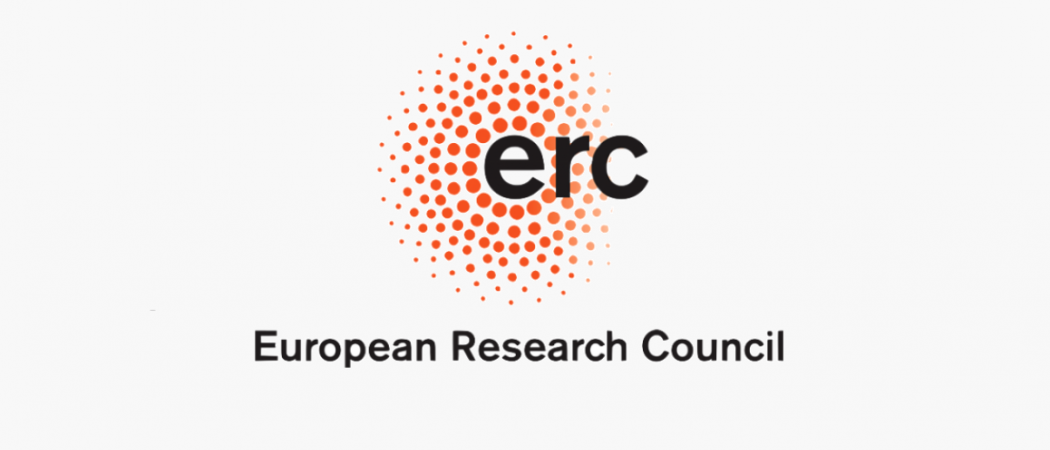UK researchers have two months to decide whether to move to an eligible institution or give up grants from the European Research Council

The European Research Council (ERC) has asked successful applicants based in the UK to move to an EU institution within the next two months, or else give up their grants.
EU-UK science relations are moving further into uncharted territory, with the UK being kept outside the EU’s €95.5 billion research programme Horizon Europe. Due to a lack of diplomatic progress ironing out disagreements over the Brexit trade deal, UK association to Horizon has been put on hold.
The ERC is the EU’s main funding agency for basic research and its budget is part of Horizon Europe. On Friday, the agency sent letters to all 150 UK-based applicants who were selected for Starting, Consolidator and Advanced grants under the 2021 work programme, telling them they have two months to decide to move to an eligible institution, or they will have to give up the EU money.
That is a short amount of time to handle such an upheaval. A spokesman for the ERC said the agency could extend the two month period “in exceptional, justified cases.” It seems more likely that ERC grantees based in the UK will apply to the financial guarantee scheme set up by the UK government in case EU grants were withdrawn.
The scheme, announced in November, was recently extended to cover grants for which the final contracts are due to be signed this year. ERC grant winners based in the UK would get the money from UK Research and Innovation.
The ERC says the deadline for signing the grant agreements is approaching and it has issued its ultimatum to be in a position transfer the money to researchers who just missed the cut. All ERC grants under Horizon’s 2021 work programme need to be signed by December. The agency needs “enough time to prepare and sign grants until the end of 2022,” the spokesman said.
The ERC says it will replace UK-based researchers who choose not to move to the EU or a Horizon-associated country, but will have to “reach a bit deeper” into the back-up lists. “It’s important to note however that we are not going to fund bad proposals because of this,” the ERC spokesman said.
Research stakeholders knew this would eventually happen if political roadblocks remained, so the ERC’s decision is hardly unexpected. However, many expected the EU and the UK would have come closer to an agreement by now. “It’s surprising we came to this point,” said Thomas Jørgensen, director of policy coordination and foresight at the European University Association (EUA).
EU commissioner Mariya Gabriel confirmed in an interview with Science|Business last year that the UK will not be allowed to join the research programme until the row over the Northern Ireland Protocol is settled. But that issue seems to be far from being settled. UK prime minister Boris Johnson has recently refused to rule out triggering Article 16 of the Northern Ireland Protocol and temporarily suspend parts of the UK-EU post-Brexit trade deal.
But the issue of UK-based ERC grantees is only part of a much larger problem with how the Commission negotiates with the UK. The Commission should be more transparent and explain clearly why it is postponing a decision on UK’s association, Jørgensen said. “[The Horizon] part of EU-UK relations is frozen. On the other hand, there is no communication on why.”
Switzerland has also been left out of Horizon Europe for political reasons. The European Commission terminated association talks last year after Switzerland pulled out of a broader political agreement with the EU. Researchers based in Switzerland were able to apply for ERC Starting and Consolidator grants in 2021 on the condition they would move to an institution in an eligible country. Swiss-based researchers are no longer eligible for any ERC calls.
Large European research institutes and universities teamed up in February to demand the EU and governments in London and Bern keep science out of politics and work towards full association of both countries to Horizon Europe.
Last week, the G6 network of Europe’s six largest research organisations joined the growing chorus of stakeholders who want to see the UK and Switzerland given access to the Horizon programme. “We firmly believe that the non-association of Switzerland and the UK is detrimental to scientific cooperation and to the leadership of Europe, fragmenting the European scientific community, weakening European competitiveness and disrupting the momentum of a renewed European Research Area,” the group said in a statement.
Further delay of a decision on association will extend the uncertainty researchers in the EU are facing regarding future cooperation with partners in Switzerland and the UK. “We need to keep the pressure up,” said Jørgensen.





 A unique international forum for public research organisations and companies to connect their external engagement with strategic interests around their R&D system.
A unique international forum for public research organisations and companies to connect their external engagement with strategic interests around their R&D system.